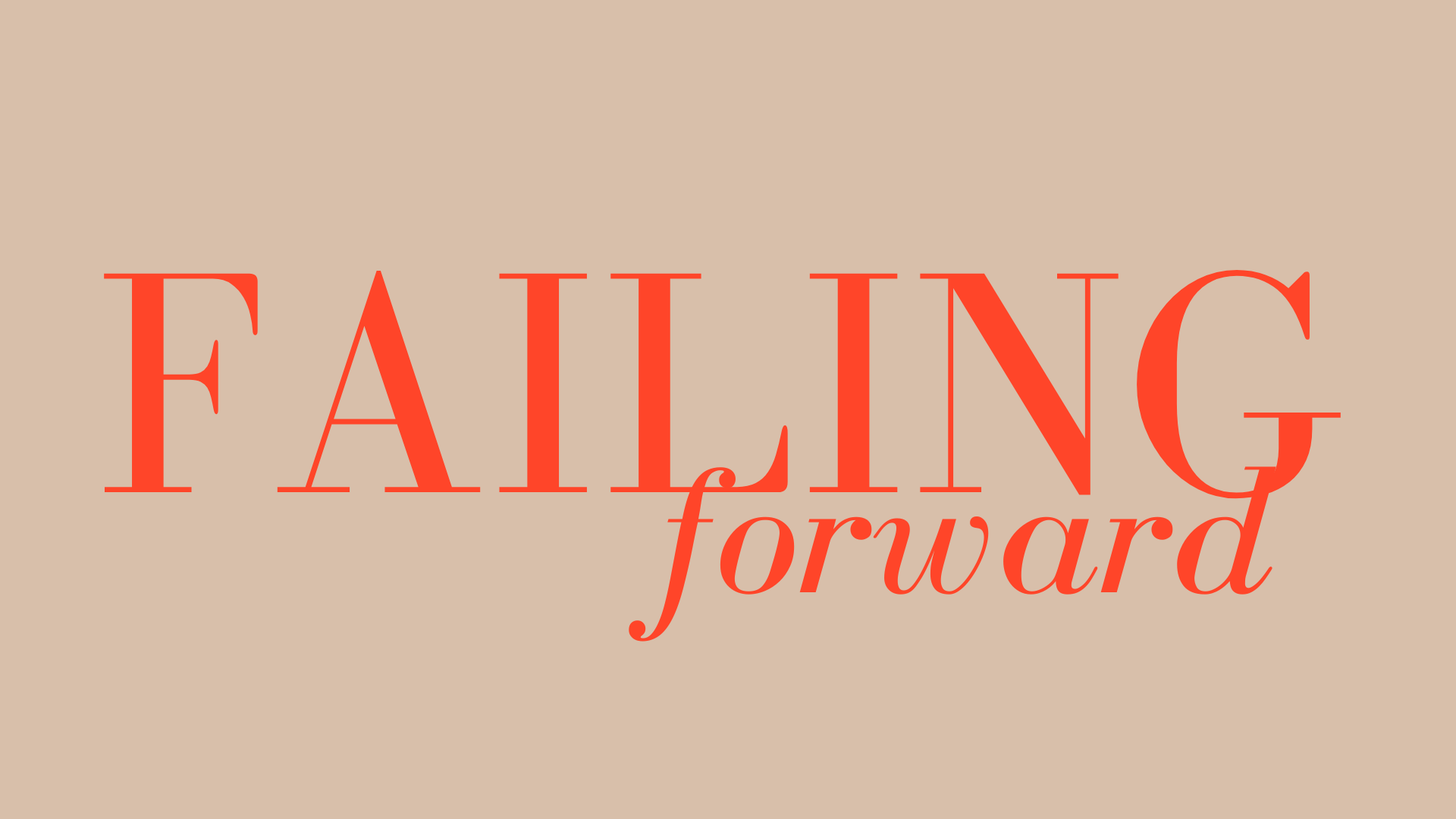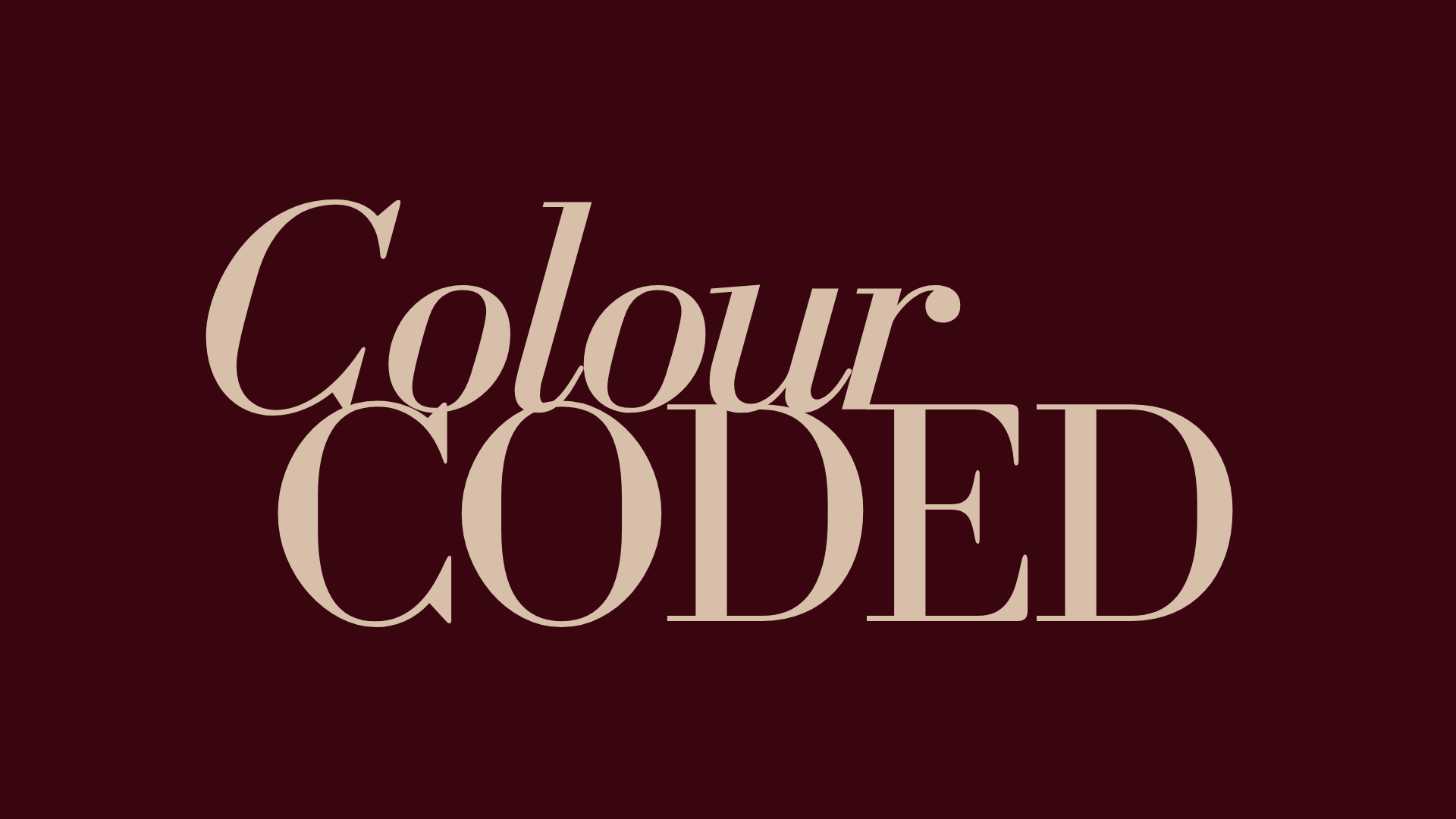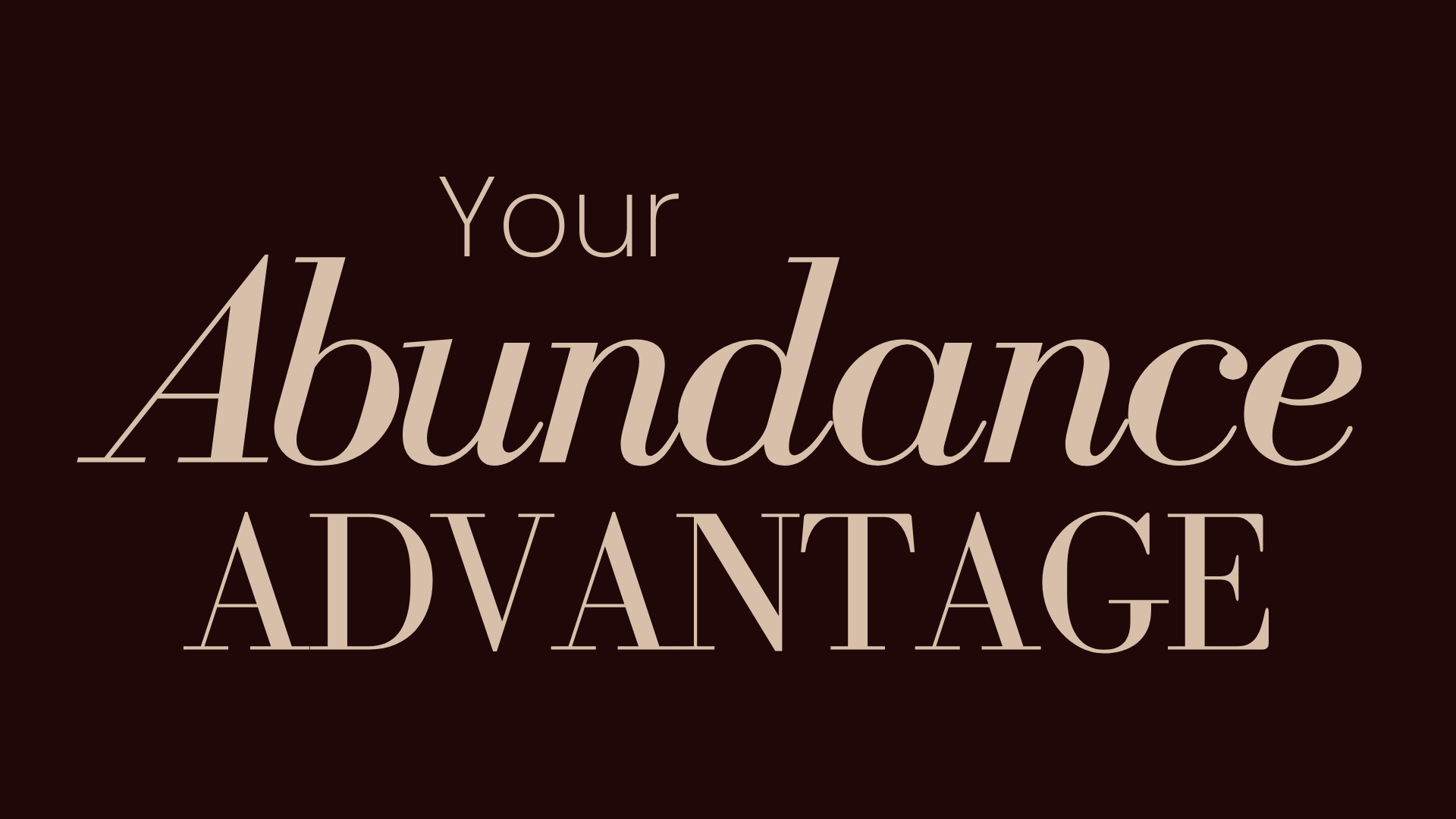The Diary of a CEO: The #1 Law of 33 Laws of Business & Life
Forget titles and connections - the true power of your personal brand is not who you know or who knows you. It’s what you know and how you convert it into market-ready, future-proof skills.
The Diary of a CEO is a book by entrepreneur and marketing sensation Steven Bartlett. Bartlett’s podcast of the same name skyrocketed up the charts and is one of the most popular podcasts in the world.
His book spills the secrets to his success: 33 Laws of Business & Life. This is not a book about business strategy. Because, as Bartlett points out, business strategy changes like the seasons. The Diary of a CEO is instead about fundamental, enduring laws for building things - and yourself.
Let’s talk specifically about the #1 Law shared in The Diary of a CEO.
The #1 Law: Fill your buckets in the right order
As the first law, Bartlett presents five buckets that are the sum of your professional potential:
What you know (your knowledge)
What you can do (your skills)
Who you know (your network)
What you have (your resources)
What the world thinks of you (your reputation)
The five buckets are interconnected. You cannot pour from empty buckets. Meaning most importantly, the investment in your knowledge bucket is the highest-yielding investment you make.
Your knowledge applied becomes your skills. And your skills cascade into the remaining buckets:
“Those who hoard gold have riches for a moment. Those who hoard knowledge and skills have riches for a lifetime.”
Your first two buckets, unlike the others, can’t be taken away from you. The harsh reality is, your network could desert you, your resources dry up, or you might find your reputation in tatters or forgotten. You, however, control your knowledge and your skills.
Bucket 1: Investing in your knowledge
Knowing that it’s the most important investment you can make for your career, how are you building your knowledge? I don’t just mean by the degree, potentially collecting dust on your shelf. Or the certificates you list on your resume. I mean through daily learning. Constantly monitoring and checking in on the value of your skills, the same way you would your bank account.
For me personally, I do this proactively daily through 3 key methods:
Daily reading: Research shows readers have more knowledge than TV watchers. Consider turning a few pages before you turn on Netflix.
Podcasting: This gives you access to some of the world’s most brilliant minds for free.
YouTube: The platform gives a gateway to the best in the business and the algorithm helps you discover names you may not have ever otherwise heard of.
As the saying goes, “The more you know, the more you realise you don’t know”. Don’t let your degree or current title lure you into a false sense of career security. Be relentless in your pursuit of knowledge.
Bucket 2: Convert your knowledge into skills
You can read all the books in the world, but it won’t matter if you aren’t actively converting your passive learning into active learning. As far as effective learning goes, reading performs quite poorly and is among the most passive activities.
How are you taking what you’ve learned and converting it into a new skill set? This takes self-discipline and self-determination. There is no one forcing you to take a test, submit your essay or meet your project deadline at work.
So, how are you always building new skills?
For me, some ideas that come to mind are taking up pet projects or hobbies, using your downtime to explore new skills. Extra points if these help you ‘skill stack’ - building skills related to the skills you already have. For example, a video producer who learns graphic design in their downtime. Or, an executive who joins their local Toast Masters to strengthen their public speaking.
The biggest way I turn my passive learning into active learning is through my blog, YouTube channel and podcast.
When I reflect on my mindset as an undergraduate student or through the first ten years of my career, did I ever picture having a podcast or YouTube channel? Not for one single second. While I had many dreams of exploring ventures outside of my regular 9-5, this was not one of them. Yet, here we are. And I love it.
Might this latest endeavour seem strange to the more conventional thinkers from my former 9-5 life? Maybe. Do I care? No. Because I would rather lean in than be left behind.
In Law #5, the book later states ‘You must lean into bizarre behaviour” and highlights the acceleration of the rate of change:
"When you don’t understand, lean in more. When it challenges your intelligence, lean in more. When it makes you feel stupid, lean in more. Leaning out will leave you behind.”
As education entrepreneur Michael Simmons highlights, the rate of change is rapidly increasing. If someone is 40 years old today, the rate of change they experience in 2024, compared to when they’re 60, will be four times what it is now. What feels like a year’s worth of change occurs in three months.
In a world where change is the only constant, your greatest asset isn’t your title, network, resources or reputation - it’s your ability to learn and evolve. Invest in knowledge. Convert it into skills. And do it relentlessly. That’s how you future-proof your personal brand potential.




